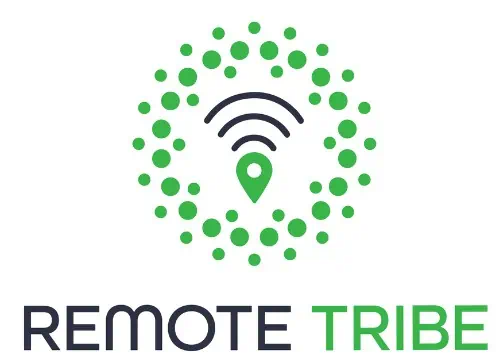Vietnam Calling? Potential 10-Year “Golden Visa” Could Be HUGE for Nomads!
Hey fellow globetrotters and remote work pals!
You know how we’re always scouting for the next best base, somewhere vibey, affordable, and welcoming for longer stays? Well, hold onto your passports, because some seriously exciting news is brewing in Southeast Asia. Vietnam, already a fast-rising star on the nomad map, is officially considering rolling out a long-term “golden visa” potentially valid for up to 10 years!
Yes, that’s right. 10 years!
What’s the Buzz?
Based on reports from sources like the Economic Times and Investment Migration Insider (IMI Daily), Vietnam’s own Tourism Advisory Board (TAB) has put a formal proposal on the Prime Minister’s desk. They’re suggesting a few options to attract folks like us, plus investors and skilled talent:
- The “Golden Visa”: This is the big one for many nomads—a visa allowing stays of 5 to 10 years. Imagine settling into that Da Nang beach vibe or Hanoi’s buzz without constant visa runs! We all know this is super annoying at the moment.
- Investor Visa: A separate 10-year visa specifically for investors, potentially offering permanent residency after 5 years if the investment is maintained. Interestingly, IMI Daily points out this might be different (and potentially more accessible) than Vietnam’s current investor visas (DT1-DT4), which often require hefty capital (think $120k-$4M USD) and active business involvement. This new proposal might open doors for more passive investment, but details like minimum amounts aren’t out yet.
- Talent Visa: A 5-year visa aimed at skilled professionals, with talk of a simplified renewal process. Great news if you’ve got in-demand skills!
Why is Vietnam Doing This Now?
Simple: competition and momentum!
- Keeping Up: Their neighbors—Thailand, Malaysia, Indonesia – already have attractive long-stay options (like Thailand’s LTR or Malaysia’s DE Rantau Nomad Pass). Vietnam knows it needs to compete to attract long-term visitors, digital nomads, and investment.
- Riding the Wave: Vietnam’s tourism has been booming, recovering faster than almost anywhere else in the region post-pandemic (hitting 98% of pre-pandemic levels in 2024!). They already eased things up in 2023 by extending the e-visa to 90 days. This proposal looks like the next logical step to capitalize on that growth and position Vietnam as a super welcoming, open destination.
Where Would It Start?
The proposal suggests piloting these new visas in key hubs we already love:
- Phu Quoc
- Ho Chi Minh City
- Hanoi
- Da Nang
Hold On, Don’t Pack Your Bags Just Yet…
Okay, deep breaths everyone! This is still a PROPOSAL. It’s been submitted to the prime minister, and government ministries need to review and approve it. There’s no official green light or launch date yet. We all know how government wheels can turn slowly.
But What If…?
If this does go through, it could be a game-changer for digital nomads in Southeast Asia. A 5 or 10-year visa removes a massive headache and allows for deeper connections, building communities, and really making a place home for a while. It could make Vietnam one of the most attractive long-term bases in the region, especially considering its existing appeal (cost of living, culture, food!).
Final Thoughts
This is definitely one to watch closely! It shows Vietnam is serious about attracting the global mobile workforce and long-term visitors. While we wait for official updates (and trust me, I’ll be watching like a hawk!), it’s exciting to see Southeast Asia becoming even more accessible.
What do you guys think? Would a 10-year Vietnam visa tempt you to set up a longer-term base there? Let me know in the comments!
Stay adventurous, stay informed!









No Comment! Be the first one.